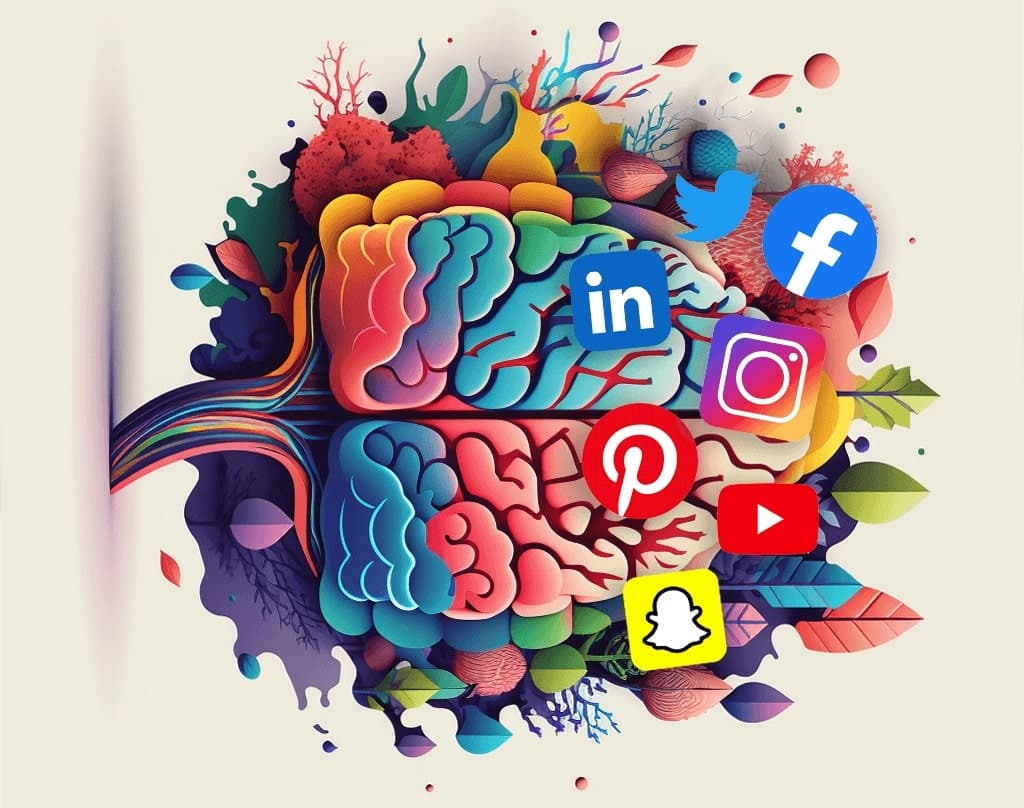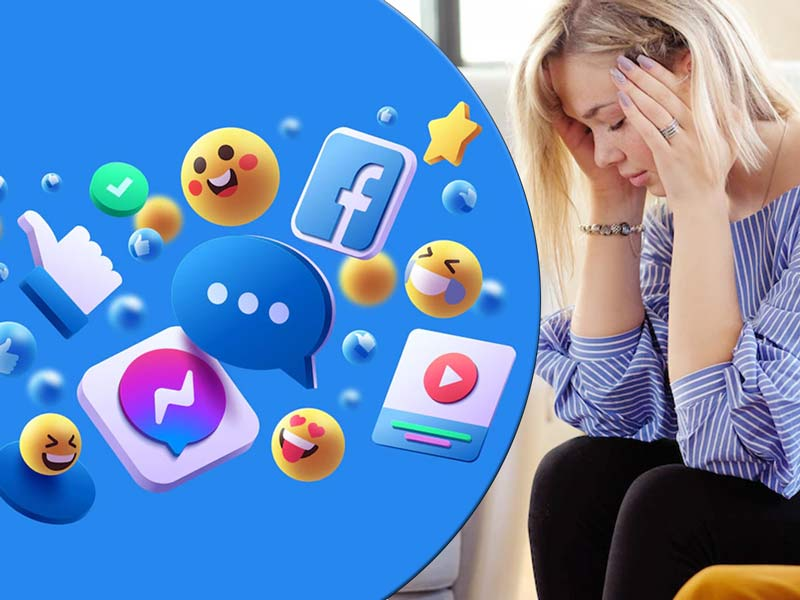Mental health awareness has become a prominent topic in recent years, with conversations intensifying across platforms like social media. The keyword “Debates over mental health awareness grow as social media highlights self-care trends daily” captures the essence of this evolving dialogue. As individuals increasingly turn to platforms like Instagram, TikTok, and X for mental health advice, self-care practices, and personal stories, debates are emerging about the effectiveness, authenticity, and impact of these trends. This article explores the rise of mental health awareness, the role of social media in shaping self-care culture, and the controversies surrounding these discussions, all while keeping the language clear, engaging, and optimized for search engines.
The Rise of Mental Health Awareness
Mental health awareness has grown significantly over the past decade. Organizations, influencers, and individuals are working to destigmatize mental health challenges, encouraging open conversations about anxiety, depression, and other conditions. Campaigns like Mental Health Awareness Month and initiatives from groups such as the National Alliance on Mental Illness (NAMI) have played a key role in this shift. According to NAMI, nearly 1 in 5 adults in the U.S. experience mental illness each year, highlighting the need for greater awareness and resources.

Social media has been a driving force in this movement. Platforms allow users to share personal experiences, coping strategies, and mental health resources, reaching millions instantly. Hashtags like #MentalHealthMatters and #SelfCare have garnered billions of views, creating communities where people feel supported. However, this visibility has also sparked debates about whether social media promotes genuine awareness or oversimplifies complex issues.
Social Media’s Role in Self-Care Trends
Social media platforms are flooded with self-care content, from guided meditation videos to aesthetic morning routines. Influencers share tips on journaling, mindfulness, and wellness practices, often branding them as essential for mental health. These trends resonate with younger audiences, particularly Gen Z and millennials, who prioritize mental well-being. A 2023 survey by the American Psychological Association found that 60% of Gen Z adults engage in self-care activities inspired by social media.
While these trends encourage people to prioritize their mental health, critics argue they can promote unrealistic expectations. Polished posts about self-care often emphasize expensive products, elaborate routines, or unattainable lifestyles, which may alienate those who cannot afford such practices. Additionally, the commercialization of self-care—think luxury skincare or subscription-based wellness apps—has led to debates about whether these trends genuinely address mental health or simply capitalize on it.
For more on the commercialization of wellness, check out this insightful article from Psychology Today: The Commercialization of Self-Care.
The Pros of Social Media in Mental Health Advocacy
Social media’s ability to amplify voices is one of its greatest strengths. Marginalized groups, who may face barriers in accessing traditional mental health resources, find solace in online communities. Platforms like X allow users to share raw, unfiltered stories, fostering connection and reducing feelings of isolation. Mental health professionals also use these platforms to share evidence-based advice, making resources more accessible.
For example, therapists on TikTok often post short, digestible videos explaining coping mechanisms or debunking mental health myths. These efforts have helped normalize therapy and encouraged people to seek professional help. According to a 2024 study by the Pew Research Center, 45% of U.S. adults have used social media to learn about mental health, showing its potential as an educational tool.
To explore how social media shapes mental health conversations, visit this Pew Research study: Social Media and Mental Health.
The Cons and Controversies
Despite its benefits, social media’s role in mental health awareness is not without criticism. One major concern is the spread of misinformation. Unqualified influencers may share inaccurate advice, such as oversimplified solutions for complex conditions like bipolar disorder or PTSD. This can lead to harmful consequences, including delayed treatment or reliance on unproven remedies.

Another issue is the performative nature of some mental health content. Posts that glamorize struggles or use mental health buzzwords for clout can trivialize serious conditions. The term “self-care” itself has been criticized for being overused, often reduced to bubble baths and face masks rather than addressing deeper emotional needs. Critics argue this dilutes the conversation around mental health, making it harder for those with serious conditions to be taken seriously.
Furthermore, social media can exacerbate mental health issues. Constant exposure to curated lives can lead to comparison, anxiety, and low self-esteem. A 2024 study from the Journal of Social and Clinical Psychology found that excessive social media use is linked to increased symptoms of anxiety in 30% of young adults. This paradox—where platforms promote mental health awareness while potentially harming users—fuels ongoing debates.
For a deeper dive into social media’s impact on mental health, see this study: Journal of Social and Clinical Psychology.
Balancing Awareness and Authenticity
The debates over mental health awareness on social media highlight a need for balance. On one hand, these platforms have democratized access to mental health resources and fostered global conversations. On the other, they risk oversimplifying issues or promoting harmful trends. To navigate this, users must approach social media content critically, verifying advice with credible sources like licensed therapists or organizations such as the World Health Organization (WHO).
Mental health advocates suggest combining online inspiration with real-world action. For example, following self-care tips online can be a starting point, but seeking professional help or building offline support systems is crucial. Communities on platforms like X can also encourage accountability, where users share progress and hold each other to authentic, meaningful self-care practices.
The Future of Mental Health Awareness
As social media continues to shape mental health discussions, the focus must shift toward responsible content creation. Influencers and platforms should prioritize evidence-based information and transparency about their qualifications. Meanwhile, users can benefit from curating their feeds to include reputable voices, such as mental health professionals or advocacy groups.
The debates surrounding mental health awareness are unlikely to fade, but they signal progress. By sparking conversations, social media has brought mental health to the forefront, encouraging society to address it openly. The challenge now is ensuring these discussions translate into meaningful change, both online and offline.
For additional resources, visit the World Health Organization’s mental health page: WHO Mental Health.
Also Read – Why Mental Health Support in Schools and Work Is Urgent Now






